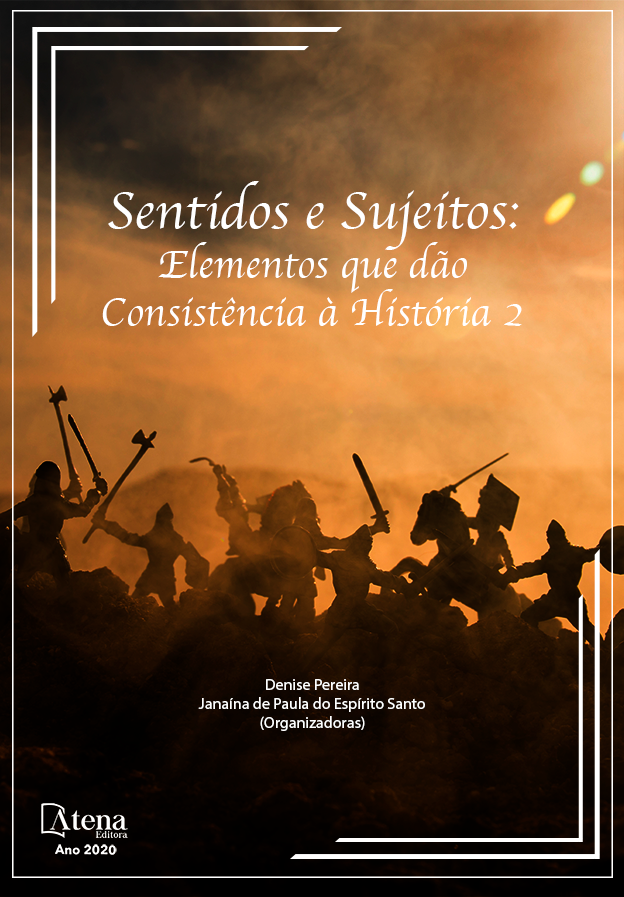
A MEMÓRIA AIKEWARA DO TEMPO DA GUERRA E OUTROS TEMPOS NO ARAGUAIA
A proposta desse trabalho é apresentar ao leitor aspectos narrativos e vivências da aldeia indígena Surui-Sororó no Sul do Pará, que, assim como outras aldeias, sobreviveram à inúmeras guerras e seguem existindo como uma contraprova dos limites da expansão do agronegócio em uma sociedade moldada pelo capitalismo estampado no extermínio de povos indígenas. Os índios que vivem próximo às margens do Araguaia trazem após algumas décadas da Guerrilha do Araguaia uma narrativa capaz de alcançar um tempo histórico de encontro com antepassados que vivenciaram outras guerrilhas, ora com os camarás (brancos), ora com outros povos indígenas, a exemplo dos caiapós, lembrados como responsáveis pela dispersão de parte do povo Aikewara em muitas das memórias presentes até hoje nas aldeias. Assim surgem nas narrativas a figura dos homens brancos como a maior ameaça permanente em suas vidas, já que são os maiores responsáveis pelas mortes dos Aikewara.
A MEMÓRIA AIKEWARA DO TEMPO DA GUERRA E OUTROS TEMPOS NO ARAGUAIA
-
DOI: 10.22533/at.ed.5082011125
-
Palavras-chave: Guerrilha do Araguaia. Sururí Sororó. Comissão da Verdade. Memória. Aikewara
-
Keywords: Araguaia guerrilla. Suruí Sororó. Truth Comission. Memory. Aikewara.
-
Abstract:
This article purpose is to present the reader narrative aspects and experiences from the indigenous tribe Surui Sororó in the South of Pará state, which, like the other tribes from there, have survived many conflicts and remain existing as an example of the limits concerning the agrobusiness expansion in a capitalist Society based on indigenous extermination. The indigenous people living in the shore of Araguaia river bring, a few decades after the Araguaia guerrilla, a narrative capable of reaching an historical time of meeting with ancesters that have survived trough other conflicts; sometimes against the camarás (whites), sometimes against another tribes, like the caiapós – until today remembered in Suruí Sororó tribe as the responsable of Aikewara people dispersion. Therefore, emerge in the Stories the figure of the White men as the biggest and permanent threat to their lives, once they are the main Aikewara killers.
-
Número de páginas: 15
- Nadine Monteiro Borges
- Ana Maria Motta Ribeiro
- WILSON MADEIRA FILHO


